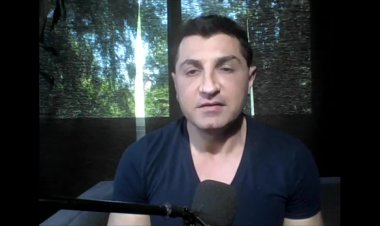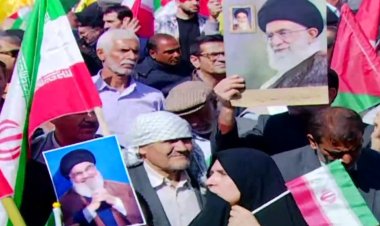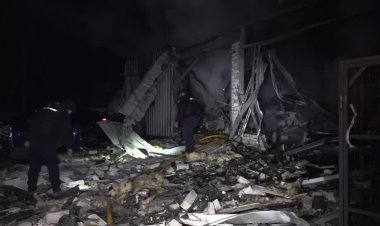Protests erupt in Tel Aviv over Netanyahu's policies

Israeli authorities faced significant unrest as protesters clashed with police outside the Likud headquarters in Tel Aviv. Demonstrators, including relatives of hostages held by Hamas, expressed deep dissatisfaction with Prime Minister Benjamin Netanyahu's policies and actions. Some had marched from the Hungarian embassy to denounce Netanyahu’s state visit to Hungary—a rare occurrence that comes despite an ICC arrest warrant outstanding against him.
The protest climate intensifies amid renewed hostilities with Hamas. Following a truce that allowed the release of some hostages, militant operations in Gaza resumed on March 18. While 33 hostages have been returned, 59 remain in Gaza, 24 of whom are believed to be alive. The ongoing conflict and associated casualties have further fueled the public’s discontent, with demonstrators demanding a comprehensive deal to secure the freedom of all hostages.
Amid escalating tensions, another flashpoint emerged with the controversial attempt by Netanyahu’s cabinet to dismiss Ronen Bar, the head of Shin Bet, who has been leading an investigation into potential ties between Qatar and three of the Prime Minister’s aides. Although Netanyahu cited a loss of confidence in Bar, many critics contend that the move is politically motivated. The judicial branch intervened by freezing Bar’s dismissal, pending legal review by the High Court of Justice.
The protest movement has also drawn attention to broader concerns, notably the government’s proposed judicial reforms, which critics argue could erode the system of checks and balances essential to democracy. Tens of thousands of Israelis have taken to the streets, decrying what they see as authoritarian maneuvers and irresponsible handling of the Gaza conflict. In contrast, Prime Minister Netanyahu has dismissed the protests as politically driven opposition, insisting that his government’s actions are necessary for national security.















